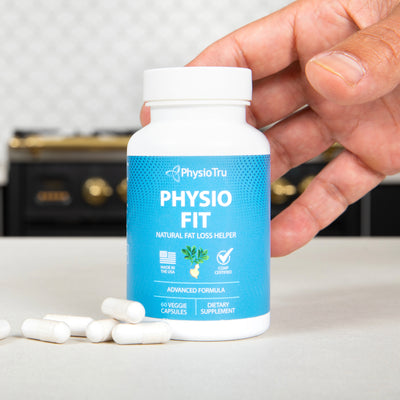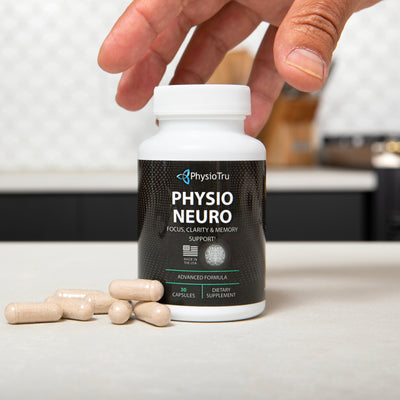As we welcome the summer season with open arms, it's important to be aware of the potential health risks that come with soaring temperatures. While most people associate summertime with outdoor activities and relaxation, it's crucial to understand the impact of heat on our cardiovascular system. Research has shown a correlation between hot weather and an increased risk of heart attacks. In this blog post, we will delve into the reasons behind this relationship and discuss preventive measures to keep our hearts healthy during the summer heat.
Heat Stress and Heart Health: During hot weather, our bodies work harder to maintain a stable internal temperature. When exposed to excessive heat, blood vessels dilate, and the heart must pump more blood to dissipate heat and cool down the body. This increased workload on the heart can be particularly challenging for individuals with pre-existing cardiovascular conditions, such as high blood pressure or coronary artery disease. Moreover, dehydration, which is more likely to occur during the summer months, can further strain the heart and potentially trigger a heart attack.
Effects of Heat on Blood Clotting: Studies have also found that heat can affect blood clotting, increasing the risk of heart attacks. Higher temperatures promote dehydration and thicker blood, making it more prone to clot formation. These clots can block blood flow to the heart, leading to a heart attack. Additionally, hot weather can also raise blood pressure levels, putting additional strain on the heart and blood vessels.
Preventing Heat-Related Heart Complications: To safeguard our heart health during the summer, it's important to take certain precautions. Firstly, staying hydrated by drinking plenty of water is essential to prevent dehydration and maintain healthy blood flow. It's also advisable to limit exposure to extreme heat, especially during peak hours. Seek shade, stay indoors with air conditioning, or use fans to cool down. When venturing outdoors, dress in lightweight and breathable clothing, and apply sunscreen to protect your skin from harmful UV rays.
Furthermore, individuals with existing heart conditions should consult their healthcare providers for personalized advice and guidance on managing their condition during hot weather. They may need to adjust their medications or monitor their symptoms more closely.
Conclusion: While summer brings joy and excitement, it's important to prioritize our heart health and be aware of the potential risks associated with high temperatures. By understanding the connection between summer heat and heart attacks, and by taking preventive measures, we can enjoy the season while keeping our cardiovascular system protected. Stay cool, stay hydrated, and listen to your body's needs to ensure a safe and healthy summer experience.





